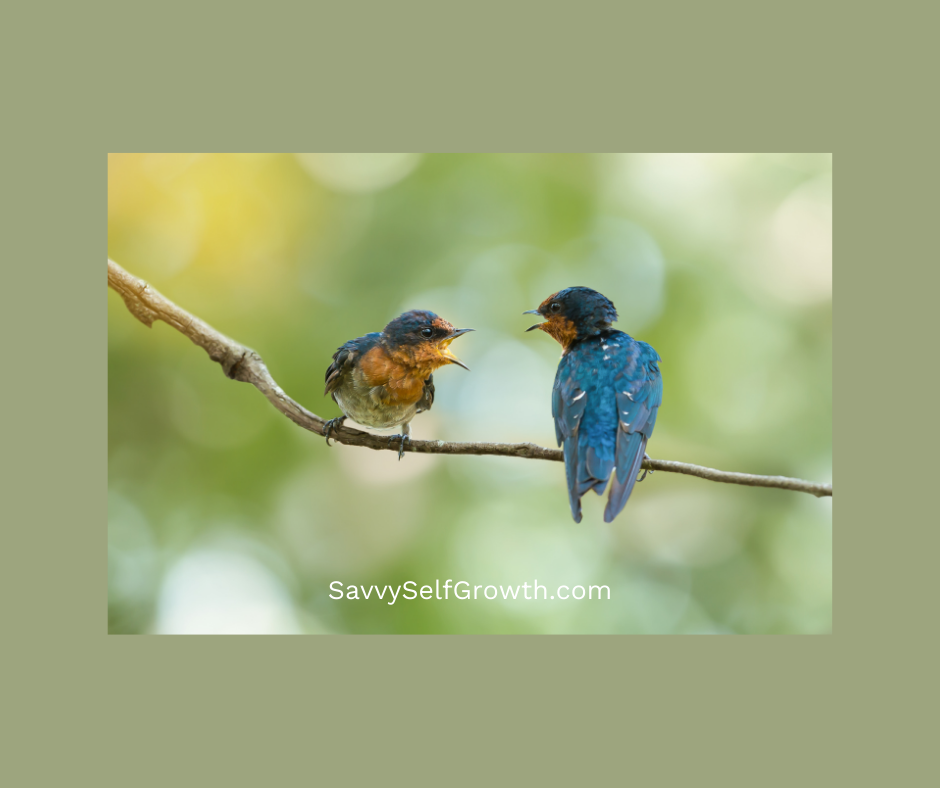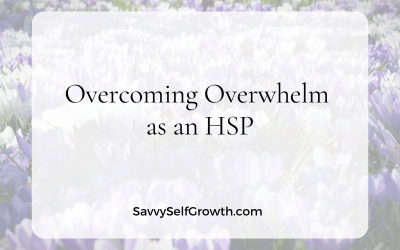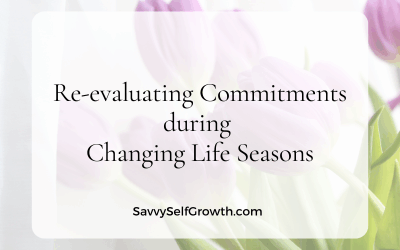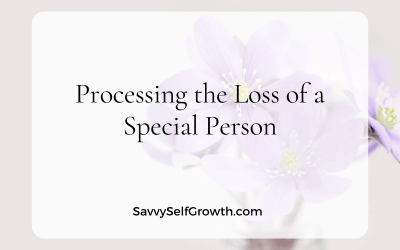Are you an introvert or an extrovert? Does spending a day talking to people (whether 1-1 or in a group) energize you or drain you?
Let’s explore this with some examples from my own life, and then I’ll get to some specific information.
As I’m sitting here writing (it’s the middle of the day, July 2016), I feel sleepy, slightly brain-dead and my body just feels like finding the nearest bed, collapsing into it, and sleeping like the dead.
What a lot of talking does to my energy
In the few days before writing this, I had numerous long ‘talking-appointments’ (I know there’s no such word but you get what I mean!). As I write, it’s Thursday afternoon and I had a few client sessions every day this week. Most were between 75 minutes and 1 hour and 45 minutes long.
It’s not that I don’t enjoy them – I love the client sessions! So much can shift, so many beliefs can be toppled causing huge shifts in perspective – and a relieved, peaceful client goes home. I’m always in awe of the insight and understanding that arrives and I know I’m using my best talents during these sessions. Fulfilling work is important to maintain our energy levels. I’m definitely busy with fulfilling work.
Yet – I’ve discovered that ‘too much’ verbal communication drains me. I’ve suspected this for a pretty long time and never understood why. Until recently. And I’ll unpack this for you with examples from my life, so you can draw parallels within your own life.
Examples
Quantum Touch Workshop
Looking back, there was the time that I hosted a Quantum-Touch workshop for 10 people. The workshop went off smoothly and the participants were wonderful. Yet, I was completely exhausted for 2 weeks afterward. I needed to lie on the couch every time I saw it. My body was physically drained of energy and I even entertained the idea that an ‘energy vampire’ had sucked the energy out of me! I know some people truly believe in that, yet I didn’t want to give that thought power (I mean, then we’re just victims, and this can happen again and again without our consent? No thank you, that’s not an empowering belief for me. ) Fortunately, it was the beginning of the summer holiday and I could allow myself the couch-potato-thing. It was super unpleasant though.
EFT Workshops
For a few years, I taught 3-day EFT workshops. By the beginning of the second morning, I was often in tears of tiredness and I didn’t know how I’d get through 2 more days. By the second afternoon, I regularly stumbled over my words and felt foolish for not pronouncing them properly. For a week after a workshop, I was hardly functional. “What’s wrong with me?”, I kept thinking. “Why am I so incredibly tired after something I love doing so much?”
Experiences in the SA Army Band
Then there was the time I spent in the SA Army Band. I was a clarinet player in the Military Band for 5 years. (What a weird job for a girl, right?). The job itself didn’t involve talking. We played instruments all day long. A few times a year, we went on a trip across the country to small towns and boy, did we have fun and laughter on the bus! Such a trip could be a 9-hour ride in a slllloooowww army bus and all the time we talked, laughed, had fun and ‘verbally expressed’ our silliness and joy about not sitting in the drab, acoustically-inadequate band-room for the next few days. Yet, when I got home, I was simply wasted – so tired that I fell into bed and slept for 10 hours straight and was still catching up days later.
A New Insight
Fast forward. A few years ago I discovered my strengths and talents through CliftonStrengths. I wrote about the huge shift in perspective– a whole new world opened up for me. And I suddenly understood so much.
We all have Strengths and Weaknesses
There are 34 talents in the CliftonStrengths Assessment and we all have all of them, in varying degrees. When we do the online assessment, Gallup sends us a list in the order of ‘strongness’ and our unique make-up. So we get a list from 1-34, where the group of talents closest to the top are our ‘strengths’, while those closer to the bottom are the strengths we resist and they let us feel ‘weak’.
Picture a Desk 
It’s a bit like when we sit at our desks to work. The keyboard, mouse, screen, notepad, and pen are right in front of us – easy to use and no effort involved.
Then there are the scrunched-up balls of paper in the waste paper bin under the desk. It takes effort to get them out of there if we need it. It’s an effort to unwrap the ball of paper to see what we wrote on it. It’s not easy to read, it’s uncomfortable and it uses up valuable energy.
And between these extremes, are the things in the drawer. We can choose to open the drawer and take out papers or equipment we need. It’s not right at our fingertips, but we can get there with ease if we choose to.
What a Strength Feels like
Generally, we have 12-14 true Strengths at the top of the list. They’re like the keyboard, mouse, notepad and pen. Using those talents is super energizing for us. We feel great while we use them, and we use them without even thinking. They pour out of us completely naturally and we feel fulfilled and purposeful after we’ve used them. We might find ourselves volunteering for tasks or projects that involve our talents, even when we have too much on the plate. It’s an instinct for us, to be busy with ‘that thing’ that energizes us!
For me, I jump in and volunteer whenever someone’s going through a hard time emotionally. Most of my strengths lie in the relational and emotional side. I can’t help volunteering for it, it’s easy for me, I feel energized by it and I wish I can do more of it.
Well-functioning Talents
Then there’s another category of strengths that we can choose to use. They are those bits in the drawers of the desk. They might not be as energizing as the first lot, yet we can still employ them and use them when we need to. Those are our well-functioning talents.
Drainers
And then right at the bottom of our list of 34, are those talents that make us feel weak or drained when we use them. The stuff in the bin, under the desk. They might be strengths for someone else but when we do those things we feel drained, tired, “When will this be over?”, “I don’t want to do this again” or any similar thought or feeling that tell us that it’s hard, it takes effort and this is just not in our zone of genius. It may even be something we’re very good at! It’s not a matter of not being able to do it – it’s a matter of how much energy it uses when we use that quality or talent.
The Talent of Communication
 So – there I was, 2 years ago, with the results of my CliftonStrengths Assessment… and there was the proof. The talent of Communication sitting at #30. It’s draining for me. It’s in the “bin” – and when I have to take it out and use it, it’s an effort and I feel tired afterward.
So – there I was, 2 years ago, with the results of my CliftonStrengths Assessment… and there was the proof. The talent of Communication sitting at #30. It’s draining for me. It’s in the “bin” – and when I have to take it out and use it, it’s an effort and I feel tired afterward.
(And here I just want to add, because I get the question so often: Gallup is talking in this talent about verbal expression. Talking. Yes, I write well. And yes, I can talk well when I need to – like when I present a workshop or host a teleseminar or podcast. But that doesn’t mean it strengthens me. The opposite is true. It weakens me to talk, talk, talk. It sucks my energy at an unbelievable rate. Even though I wish it was not so.)
Many different puzzle-pieces fell into place when I saw Communication at the bottom of my list. Oh my goodness… what a relief, then. I wasn’t mad, or silly. I didn’t imagine it when I was so tired after a workshop. It wasn’t ‘just in my head’.
I felt the drain, yet I kept expecting myself to do it because I love EFT and how it brings emotional relief, I love the people, and I love teaching.
Some strengths can work somewhat against each other
Here’s another interesting point: Emotions, relationships with people, and learning/teaching are all part of my Top 10 strengths. So I kept presenting workshops for those reasons, not realizing that all the verbal output was the challenge in the mix.  So – phew – what a massive relief I experienced when I realised the thing that needs awareness is how much I talk every day.
So – phew – what a massive relief I experienced when I realised the thing that needs awareness is how much I talk every day.
I don’t have to stop talking altogether (fat chance anyway, right?) – I would need to be careful with my schedule. I gave myself permission to feel better about not presenting long workshops anymore. It simply didn’t suit my energy needs and levels. I am still busy figuring out how many client sessions per day hits my ‘sweet spot’. I not only talk during client sessions, but also in podcast shows, webinars I present, I have 1 or 2 networking meetings over Skype every week, and try to catch up with 1 friend every week. They all require verbal communication (while we haven’t mastered telepathy yet) so I need to be extra careful when I schedule meetings. I don’t want to feel super tired by Wednesday evening and then can’t do my best for Thursday’s clients.
Talking and Introversion
A great question came up in a short Periscope video I hosted this morning. “Talking energizes me. Does that mean I’m not an introvert?” Great question. And nope, the two are not necessarily correlated.
Introverts can have the talent of Communication high in their talent list – which means they would find talking/verbal communication energizing. They probably would prefer it in 1-to-1 or small group environments as opposed to speaking on a stage. Introverts often get over-stimulated by large crowds, which leads to a feeling of overwhelm, and they are known to say “I need to go home right now!” to the great puzzlement of their extrovert friends who would reply, “But we’re having FUN here!” The main difference between introverts and extroverts, is the amount of stimulation from external sources they need and thrive on. Sights, sounds, texture, tastes, smells….
The main difference between introverts and extroverts
Extroverts RECHARGE their energy tanks while they receive sensory input, while introverts SPEND their energy when they receive external sensory input.
Introverts need quiet times in their days to replenish what they spend in our Western way of living with open-plan offices, group activities (usually a nightmare for introverts), meetings, traffic, radio’s blaring and feeling like we are ‘always on’. Extroverts thrive in this type of environment.
As an introvert, I avoid large crowds, shopping malls and other noisy places. I don’t attend big events where there are thousands or even hundreds of people. You won’t find me at Expo’s, even if they’re about delicious food or chocolate! I feel drained when I leave. Why put myself through that unless necessary?
So – you’re not mad if you’re an introvert who loves talking. And you’re also not mad if you’re an extrovert who finds talking draining (although I haven’t come across one yet.)
What the Communication talent means
The Communication talent of CliftonStrengths means that you’re brilliant with verbal expression, can say things in clear and amazing ways, people usually love your stories, you can help others to express their thoughts and feelings beautifully, and you process your thoughts as you’re speaking them. People with this talent find they feel aggravated internally if they don’t have a sounding board. They need to ‘hear’ themselves in order to process.
I know introverts with the talent of Communication. And I also know extroverts with the talent of Communication.
Introversion is mainly about recharging energy in solitude and silence, while extroversion is mainly about recharging where there is loads of sensory stimulation. The Communication talent is about verbal expression. So whichever way your mix goes, as long as you’re aware of it so you can apply energy-management and take care of yourself.
5 Tips for Energy-Management
Where do you think you’re on the scale? Does talking energize you, or drain you? If you’re an introvert who finds lots of talking draining, it doesn’t mean you need to move to the desert or swear off your social life! Perhaps some of the tips below may be helpful.
One: Be mindful of how much time you schedule daily for ‘talking-appointments’.
Two: When you had one heavy day full of conversation, do your best to schedule the day before or after with more quiet, solitary time.
Three: Start keeping a journal or diary where you can note your experiences and body-messages the day after plenty of verbal expression was necessary. I started noticing how my voice sounded different ‘the morning after’, and how I could simply not drag my body out of bed for my exercise.
Four: Please, drop the guilt about saying ‘no’ to more social engagements than you can reasonably manage. If friends pressure you, say no kindly and stick to what you know is good for you. Send them this article! And for yourself, use EFT to calm the guilt. There’s no reason to feel guilty when you’re taking care of the only ‘home’ you have here on Earth – your body.
Five: Practice exquisite self-care after loads of verbal communication. Find out what really energizes you. For me, it’s time in nature, going to bed very early a couple nights in a row, reading a book in a coffee shop, and staring into space while my mind roams free. A few brain-gym exercises and mindful breathing often during the day also helps. Find your special introvert-self-care needs, and practice them consciously, with great love and compassion for the part of you that needs restoration.
An Exercise to look at the Quiet Spaces in your Own life
Whether you have the talent of Communication or not – if you’re an introvert, you need quiet space in your life to recharge. This exercise can help you take an honest look to see where you’re at with introvert self-care. It’s from a magnificent book called “The Awakened Introvert” by Arnie Kozak, PhD. Make a tick in each box where you find that type of noise in your day.
| Activity | Media (music, news, TV, radio, smartphone) | Humans (talking, doing things like cooking, cleaning) | Ambient Noise (not from the natural world) | Internal Landscape busy (thinking, internal self-talk, imagining) |
| Waking up | ||||
| Taking a shower in the morning | ||||
| Morning hygiene | ||||
| Morning beverage | ||||
| Driving to work | ||||
| At work | ||||
| Driving home | ||||
| At home in the evenings | ||||
| Weekend mornings | ||||
| Weekend afternoons | ||||
| Weekend evenings | ||||
| Other |
How did you do with the exercise?
If you’ve gone through the table and found a lot of tick-marks, perhaps it’s time to re-evaluate a few activities and habits. Each of these represents something that can be changed. Even in small amounts, it can add up to more quiet in your days. This will ultimately lead to refilling your energy tanks, better health, more resilience, and the feeling that you’re getting what you need to be the best possible version of you. And then, my dear introvert friend, the whole world benefits.
Can you see the bigger picture?
If you want more information about your own strengths profile, here are 3 things you can do:
- Read this article where I explain more about CliftonStrengths.
- Further information about working with your CliftonStrengths.
- Then set up a complimentary chemistry call with me here.
It is incredibly empowering to understand your own so that you can create an energizing way of life.




